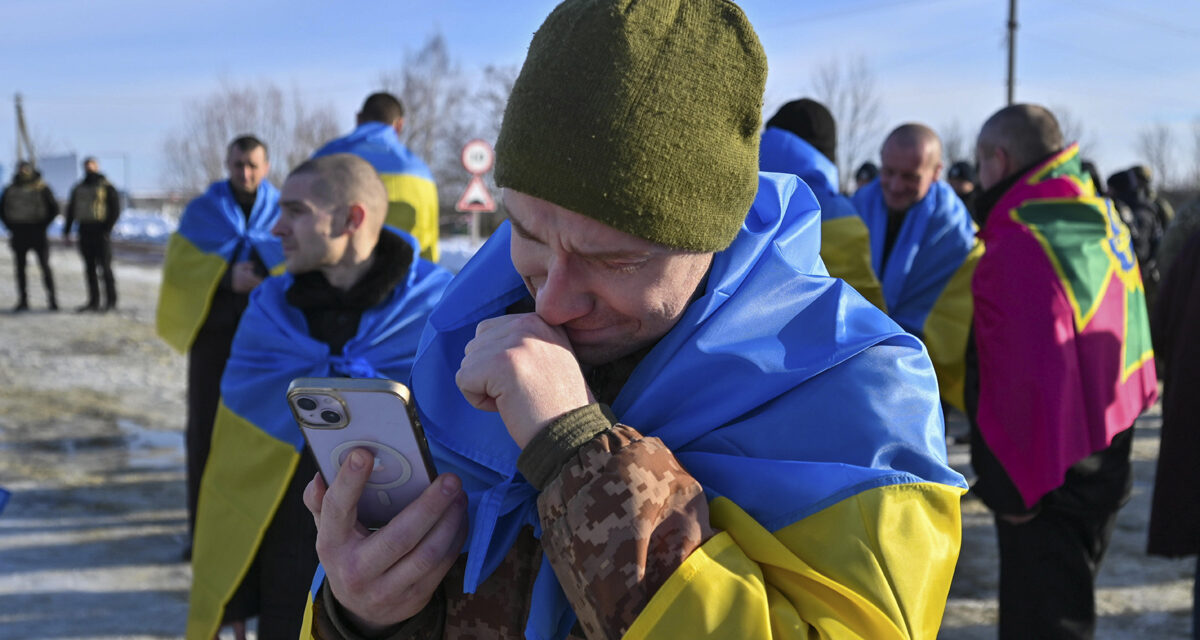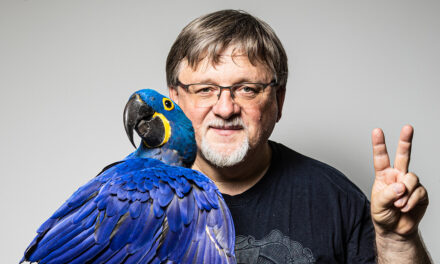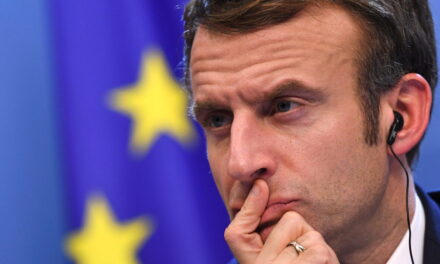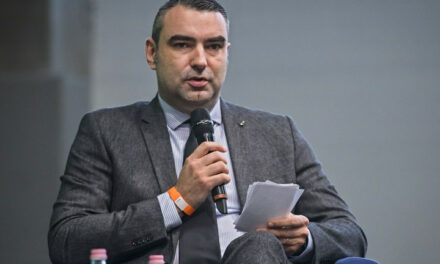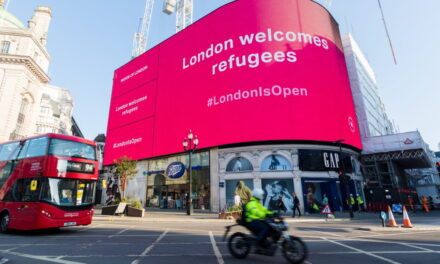A Ukrainian dissident exposed the oppression in Kyiv. Completely absurd conditions prevail in Ukrainian society, in which most people want peace, but do not dare to talk about it.
Pascal Lottaz, an associate professor at Kyoto University's Faculty of Law and the Hakubi Center, published a video interview with exiled Ukrainian dissident journalist Vasyl Muravickij. Muravicki, who wrote several critical articles about the post-Euromaidan Ukrainian system and the handling of the Ukrainian civil war, was arrested by Ukrainian law enforcement agencies in August 2017 and charged with treason, endangering Ukraine's territorial integrity, inciting hatred, and even participating in a terrorist organization.
He spent eleven months in prison and was finally granted political asylum in Finland on the grounds that he was being subjected to political persecution by the Ukrainian authorities. He still lives there today.
In the interview, the journalist said that one of the biggest misconceptions about Ukraine in the West is that freedom of speech still exists in the country. "There is absolutely no freedom of speech in Ukraine. Everything is censored," he pointed out.
He told me that he was persecuted and imprisoned for publicly criticizing the actions of the current Ukrainian regime. But he also added that even today there are cases when people are sent to prison not for their public statements, but even just for what was said in their private conversations.
"The situation in Ukraine is much, much worse than people in the West think," he said. When asked why the news about what is really happening in Ukraine does not reach the West, he replied that "The reason is simple: Ukraine is only a tool in the global war against Russia, and this tool must remain sharp." .
Muravitskyi also said that the vast majority of people in Ukraine want the war to end as soon as possible. People are fleeing en masse, trying to avoid mobilization.
After talking to many people, I came to the conclusion that only about two percent of those mobilized did so voluntarily, he recalled.
He said people are simply afraid to even talk about it. He knows of several people who spoke about their opinions in private conversations or at work and were later imprisoned for this.
According to Muravitskyi, the situation in Ukraine is very similar to schizophrenia, people give two different answers to two very similar questions. "If the question is, 'Would you like to end the war as soon as possible?', people say 'yes,' but if the next question is, 'Are you willing to redraw the map of Ukraine?', then people they say "no way", because if they said yes, it would be potentially very dangerous, tantamount to social suicide.
Because of this, the journalist's opinion is that we cannot really know what the real preferences of people in Ukraine today are about how to end the war, because they cannot freely express their opinions.
"It's very dangerous," he added. He then went on to say that people are very tired of the war, the consequences of the war, for example the continuous power cuts.
Muravitskyi explained that the main factor preventing Ukraine from moving in the direction of peace is the misconception that victory is inevitable.
"However, this is a lie. Russia has greater military and human resources," he added.
"I don't want Ukraine to fail, I want Ukraine to survive, I want the people and the culture to survive. However, the country has lost so much of its power - last year Ukraine registered the lowest birth rate in 300 years - that unless there is some kind of break or unless Russia collapses, then this situation cannot be changed. Even if the war ends immediately, it will take decades for Ukraine to return to 2022 levels,” he explained.
At the end of the interview, Muravitsky's message to the West is: "If they want Ukraine to survive, if they want the Ukrainian people to survive, then they must stop the war - here and now."
Cover image: In the recording published by the Ukrainian presidential press service, a Ukrainian soldier returning from Russian captivity makes a phone call
Source: MTI/EPA/Ukrainian presidential press service

